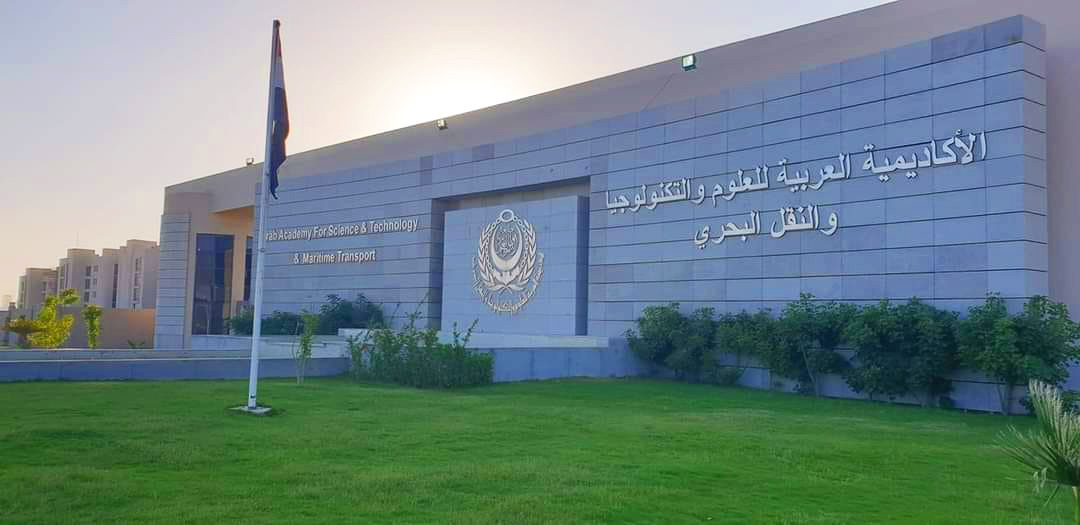
History
Evolution of the Dentistry
The issue of educational development is of growing international interest. It has also become of increasing concern to different sectors of the society and is not only limited to the small number of specialists and professionals involved.
The World Health Organization (WHO) reports in 2013 that 4 - 9% of the gross domestic product (GDP) of the Arab countries was spent on health, representing about 10% of the general government expenditure on average. The GDP of several Arab countries in the region is well over 100 billion USD. Therefore, the proportion spent on healthcare extends to a huge amount of money. However, close examination of the contents of the WHO data resource shows inconsistency in the composition of total health expenditure and the contribution of private and out of pocket payers between countries in the region with a vast variability in the structure of healthcare systems in neighboring countries. Even within the same country, major discrepancies in the quality, availability, and use of healthcare services exist among urban vs. rural sites, public vs. private sites, governmental vs. educational health institutions, and different socioeconomic groups.
The lack of standardization and uniformity is one of the main causes of our health problems that still run rampant despite the apparent lack of an economic constraint. The lack of standardization does not stop at the level of health services finance and delivery but rather extends to health education and legislation leading to practices that exacerbate problems with, not only a regional impact, but with a wide global reach. Therefore, new ideas have recently emerged causing current educational systems to being no longer adequate to prepare the new generations for their new world. Meeting this kind of educational challenge and suggesting solutions for the present educational problems should take priority over other problems—whether economic, social or political. Hence, improving and developing educational systems should be given the full attention of the administration.
This highlighted the need for establishing a house of expertise with in the AASTMT providing high quality dental education and research that addresses regional needs to offer tailored solutions to our health problems. Regarding research in the near future, a pooled modular structure of several core facilities addressing the needs of research in fields pertinent to dental sciences will be adopted with special emphasis on research in the social, administrative, and legislative aspects of dentistry in the region.
Many of the world countries are fighting for improving educational development. For instance, the United States has launched an educational campaign entitled ''America 2000''. South Korea has embraced innovating and revolutionizing its educational system. It has carried out comparative educational studies and has adopted the educational innovations of other countries, such as Japan, Sweden, Britain, and Spain as a model for development.